Weapons: Where Is Everybody?
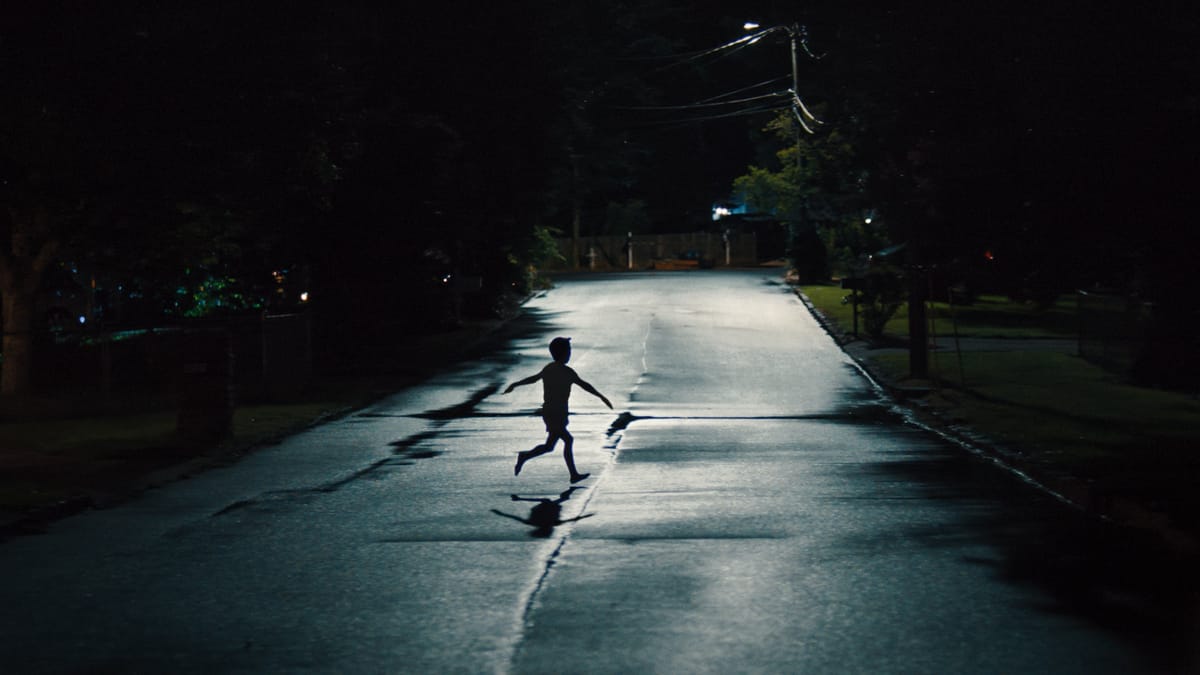
It's happening right beneath our feet. A nascent, permeating reality, a fog of unease drifting through a desolate suburbia. Seeking answers in an irrational world, desperate for a salve for the grief but refusing to acknowledge the world around you. Pulling weeds without removing the roots. Violence spills through the streets, an undercurrent of brutality waiting to be awakened, searching for the right target to blame for the suffering, as long as it creates a whisper of safety.
Zach Cregger's Weapons is all aftermath, a portrait of the ways society splinters and isolates in the wake of tragedy. Everything is a snap, reactionary and cold, more interested in how to make things better in the moment through the path of least resistance than how to unearth and build a genuine response. There are a lot of easy ways to define the central thematic allegories of Weapons but searching for specifics seems as unhelpful as anything its characters do in response to the central tragedy. Imagery preys on parental anxieties and its shifting perspective proves that the appearance of action is more important than action itself. There is comfort in the pretense of due diligence, that all options have been exhausted in an attempt to exhume reality.
The bliss of ignorance settles like a cold morning mist, eventually forming a layer of grieving acceptance where continued denial coupled with the placation of law enforcement creates a mindset that nothing more can be done. This is splintered by Justine and Archer, but their feverish desire to seek truth is dredged from their own forms of dissonance and trauma. The film reflects a world where everything is only seen retroactively – and how the self forms around the ways we interpret the past and the way we project these existing images, rather than the ways we could intuit the present and use it to inform a better future.
This reactionary worldview, led by tunnel vision directed towards the past, echoes through the film. A world ostensibly shaped by conservative mindsets that are more interested in bludgeoning symptoms rather than moving towards a cure. It's most widely reflected in Paul, a corrupt alcoholic cop with an anger problem (read: a cop), representative of a skewed faith in a system that ultimately perpetuates more problems than it solves. This reverberates and affects; like the film's mercurially shifting perspective, ideologies flow between the characters. There is a contrast between Paul's ineffectual brutality and Archer's sense of machismo vigilantism, but these attitudes are both born from a sense of misplaced masculinity – just because Archer's gruff, all-American heroism is directed at an actual solution doesn't absolve him of his own role in this retroactive reactionism. It's clear his sense of masculinity has trickled down, his son a rough bully part of the systemic silencing that ultimately makes Alex a vulnerable target for Gladys.
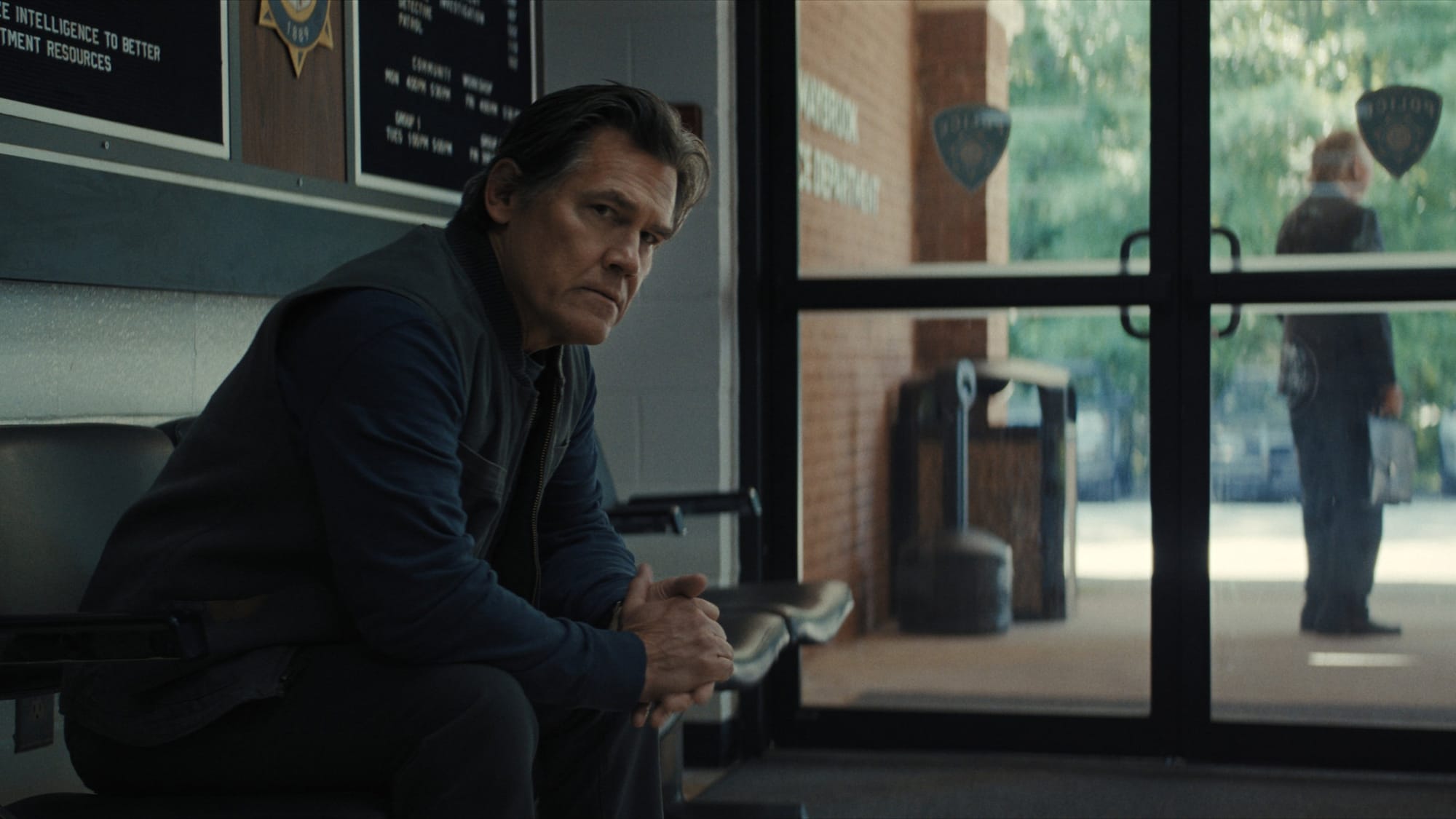
Despite the film's positioning of ideology and its weaponization of galvanizing imagery that lends itself to these kinds of readings, it is hard to surmise if Cregger's aim is to create something politically incisive or if he's simply stumbled onto an effective reflection of the contemporary state of America. If Barbarian is any indication, he is image forward to a fault in a way that often disregards the implications he conjures, and while Weapons is far less egregious in this regard it remains frequently messy in its messaging – it's not difficult to imagine why parts of it could be construed as capitalizing on conservative fearmongering. But the ways in which it tilts towards reflecting a conservative worldview are also reflective of how conservativism, by design, creates a broken system that traps people in cycles of destruction and self-destruction, weaponizing them against each other. Nothing in this world is functioning as it should, each branch of the system exploited by bad actors and easily manipulated into failure.
What Weapons has going for it is that at its core is an incredibly effective horror film. Sure, Cregger's imagery is messy – spotty but potentially critical motifs appear or aren't revisited, and characterization is a mixed bag that often tips too heavily into simplicity or caricature, but these things rarely feel damaging in the moment. After the film escapes its rocky opening monologue, it moves with swift fury, establishing an effective timeline that it then knows how to play with to great dramatic intent. The mercurial perspective plays a game of periphery, slowly revealing the haunting ideas it plants at the corners of its narrative until it explodes into just the right degree of grindhouse splatter and violence. Whether it's intentional or not might be hard to say but here Cregger's horror imagery is actually in sync with the allegoric narrative ideas, control and abuse ring through the desolate suburban streets.
Everyone sort of exists as a shell, stripped of humanity, whether by way of the tragedy they've endured or by way of the system that defines them. The children become literal shells, hollow vessels whose absence becomes political capital as they rot, hidden away, exploited as a resource. Satirization of suburbia's decaying facade for a world that's moved beyond the imagery of picket fence idyll. What was once depicted as a sort of suffocating, insular landscape of sprawling malaise has been replaced by something far more sinister. The chilling and isolating state of modern existence has eroded community, replacing it with a baseline contempt that latches onto anger and impulse. Isolation breeds vulnerability, one that Gladys leverages like a tumbling series of dominoes snaking through the town.
It's appropriately dreamy, washed in what feels like an endless night, as if the town had been suspended in stasis at 2:17 A.M. Characters drift through their own dreams and then become swept away by the spiraling array of tragedy and its consequences, time an elastic and woozy overlaid sequence that culminates in a terrific, blood-drenched climax. There is a moment where the film unhinges its jaw and engulfs itself in violence, each domino now striking with brutal force, and Cregger does a remarkable job of leveraging the haziness into this kind of culminating clarity of blood and viscera. Maybe it isn't meant to mean anything – but it seems potent enough to imagine that the lingering image of America to be projected onto any film about the state of growing up here is one that feels intrinsically steeped in the anxieties of school shootings, and the culture of toxicity and isolation that has bred those anxieties. It forms Weapons into an oddly essential piece of contemporaneous imagery.


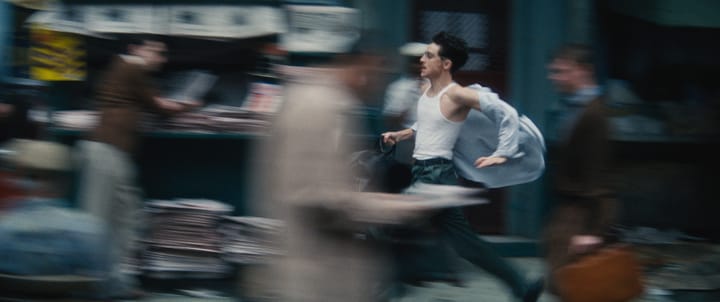
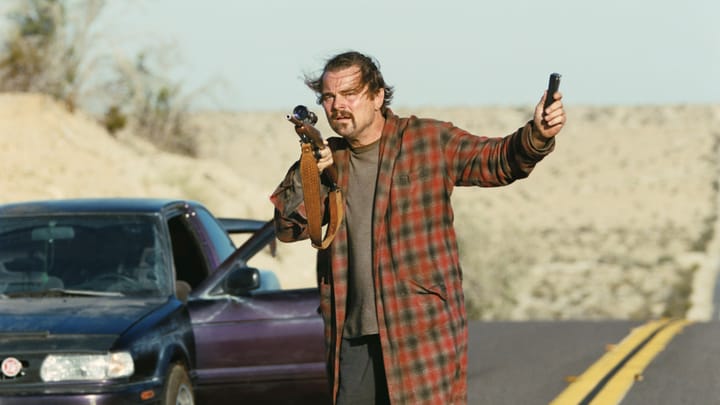
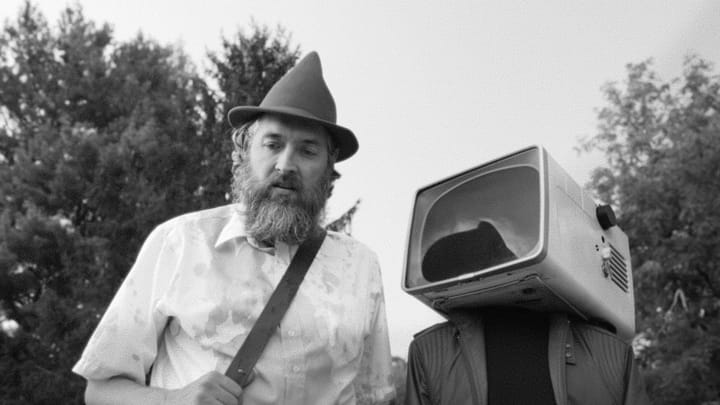
Comments ()